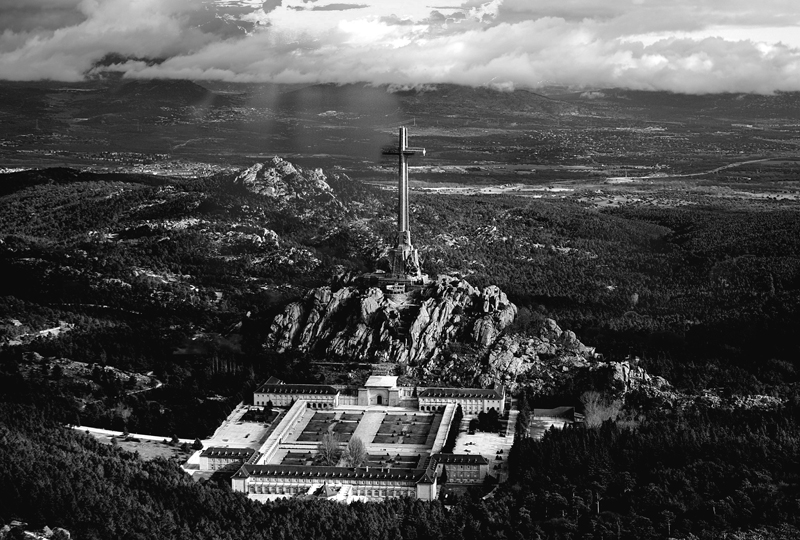Participating are, next to Dr. Paco Ferrandiz, Associate Researcher in the Institute of Language, Literature and Anthropology (ILLA) at the Spanish National Research Council (CSIC) amongst others researchers, experts and institutes from Spain, the Netherlands, France, United Kingdom, USA, Greece and Germany such as Marie-Louise Jansen and Director Dr. Timothy Ryback from the “Institute for Historical Justice and Reconciliation” in The Hague /Paris, Director Prof. Dr. Frank van Vree from “NIOD, the Institute for War, Holocaust and Genocide Studies” in Amsterdam, Prof. Dr. Matthias Rauterberg, Professor for Interactive Systems Design at the “Technical University Eindhoven”, Dr. Margriet Schavemaker, Curator and Head of Research and Publications at the “Stedelijk Museum” in Amsterdam, Prof. Dr. William Swartout from the “USC Institute for Creative Technologies” in Vista, California, Prof. Andrew Hoskins from the “University of Glasgow, College of Social Sciences”, Chris Dercon, Belgian Art Historian, Curator and former Director of Tate Modern, Prof. Dr. Miguel Angel Gonzalez Torres, Psychoanalyst and Psychiater from the “Universidad del País Vasco”. and Dr. Alfredo González-Ruibal, contemporary archeology and ethno-archeology, Institute of Heritage Sciences (Incipit) at the “Spanish National Research Council” (CSIC).
